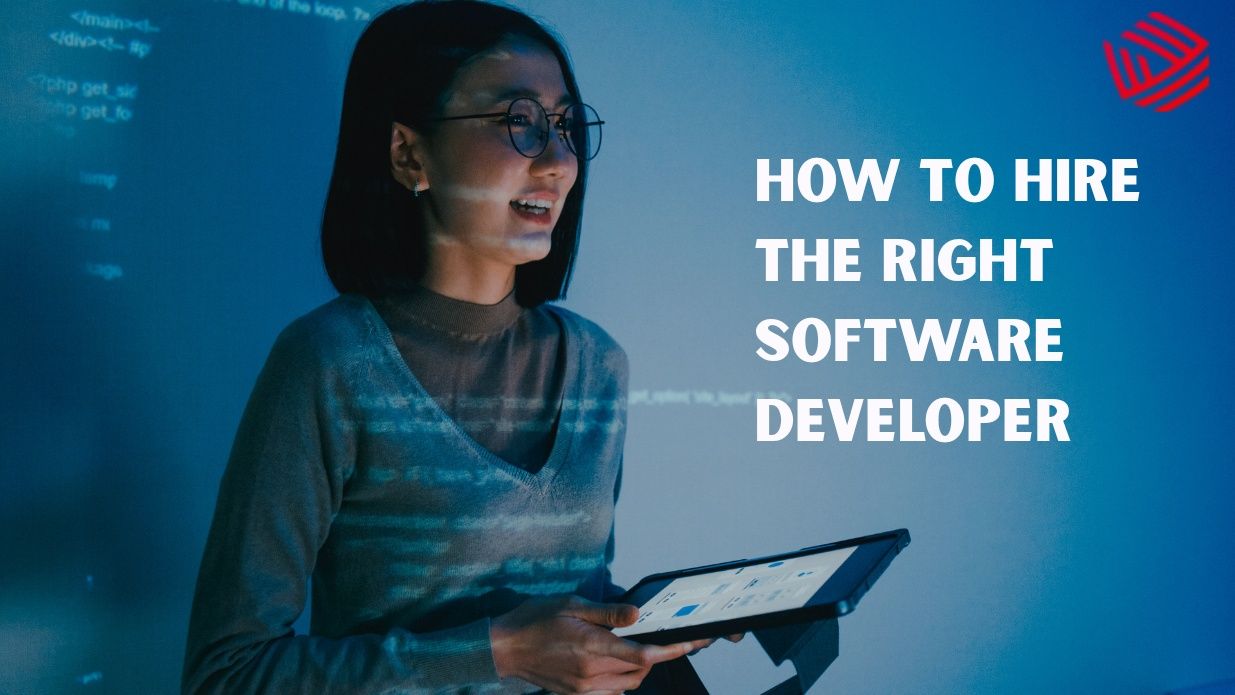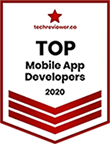Choosing the right engagement model is crucial when hiring Android developers, as it directly affects your project’s cost, timeline, and success. Here’s how different engagement models apply to Android development:
Full-time Developers:
Full-time Android developers are best suited for long-term, complex projects. If you're building a large-scale Android app that involves frequent updates, robust features, or ongoing user support, a full-time developer ensures consistent development, better collaboration, and continuous attention to the project. They will dedicate themselves to your app and ensure the long-term success of your Android solution, whether it's a gaming app, social media platform, or e-commerce app.
Part-time Developers:
If your project doesn’t require constant full-time development or is in the maintenance phase, a part-time Android developer may be a good choice. They can handle smaller tasks such as bug fixes, minor feature additions, or updates without a full-time commitment. Part-time developers are ideal for businesses that need ongoing work on an existing app or small apps with less complexity.
Hourly Developers:
Hourly developers are best for specific tasks that don’t need long-term engagement, such as implementing a particular feature, fixing bugs, or optimizing performance. This model offers flexibility, allowing you to pay only for the hours worked, which is great for projects with limited scope or when you need temporary assistance.
Project-Based Developers:
For projects with a well-defined scope, clear goals, and specific deadlines, hiring Android developers on a project basis is the most efficient model. Whether you're building a new Android app or adding a new feature, this model ensures that your developer focuses on delivering the project according to the set requirements and timelines. This works well for custom apps, integration with third-party services, or specific Android functionalities.
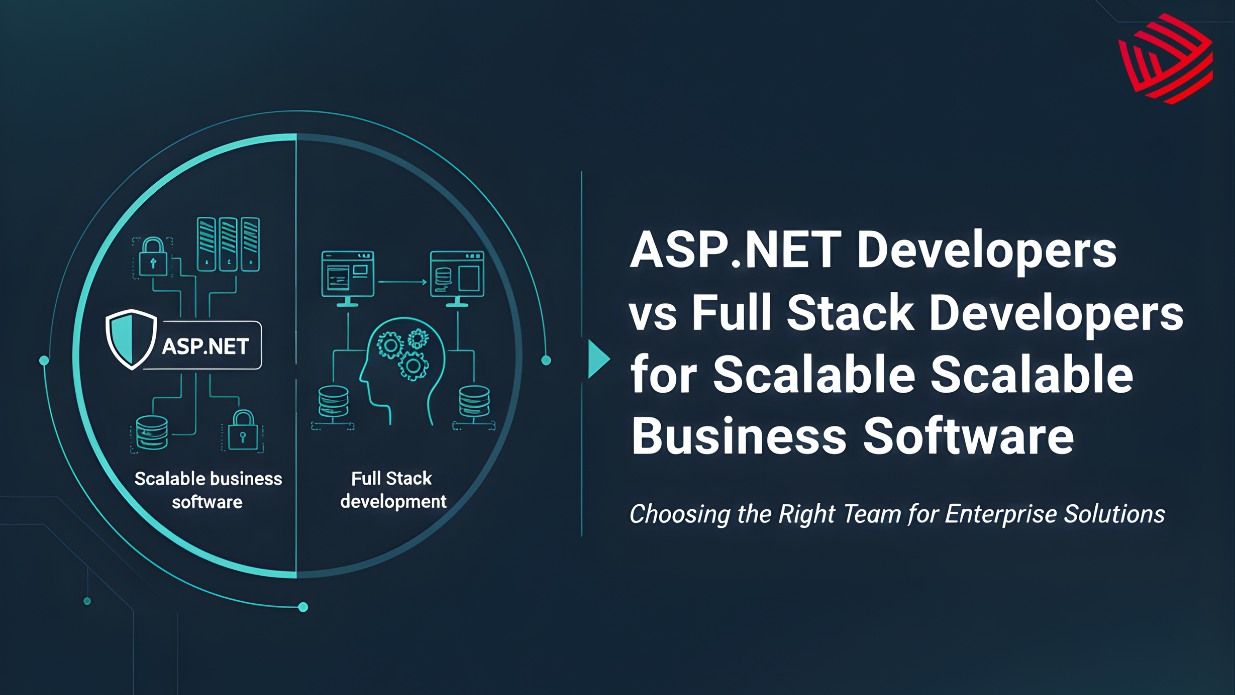
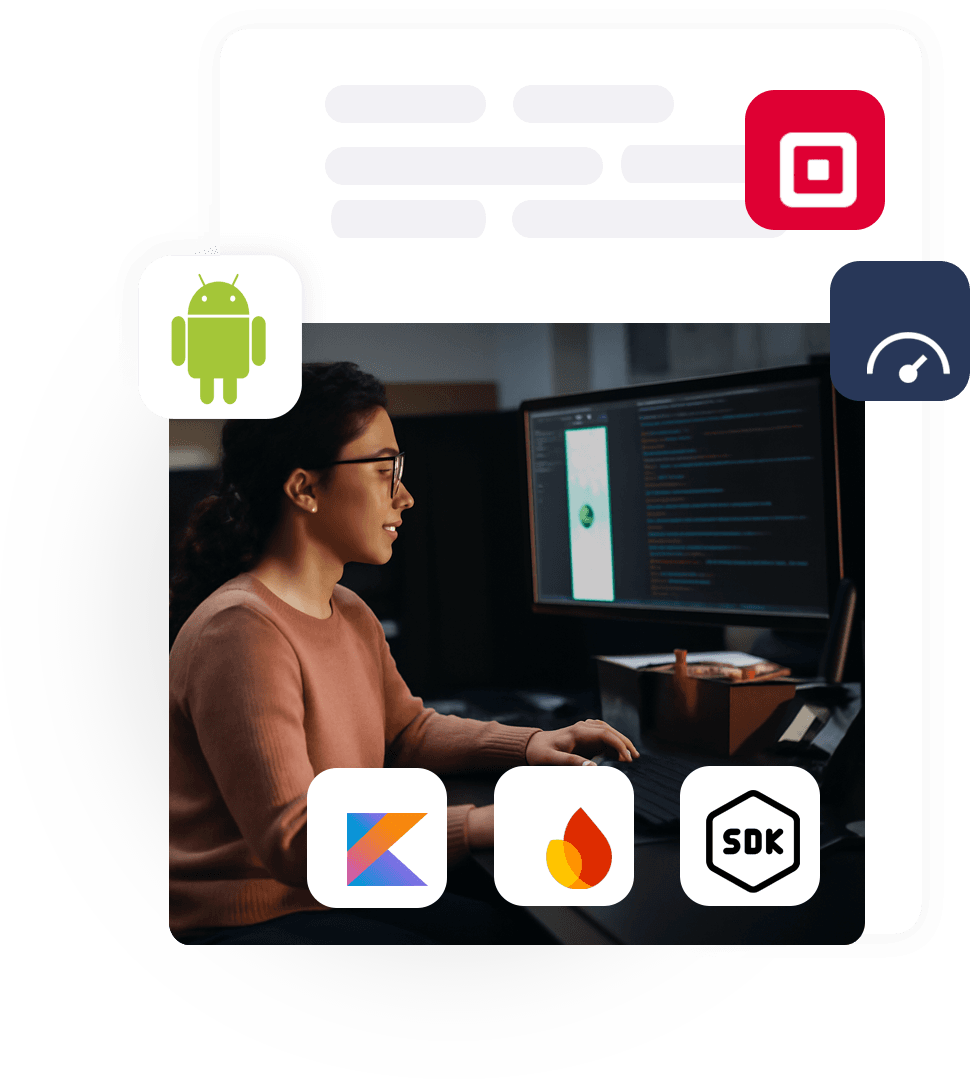
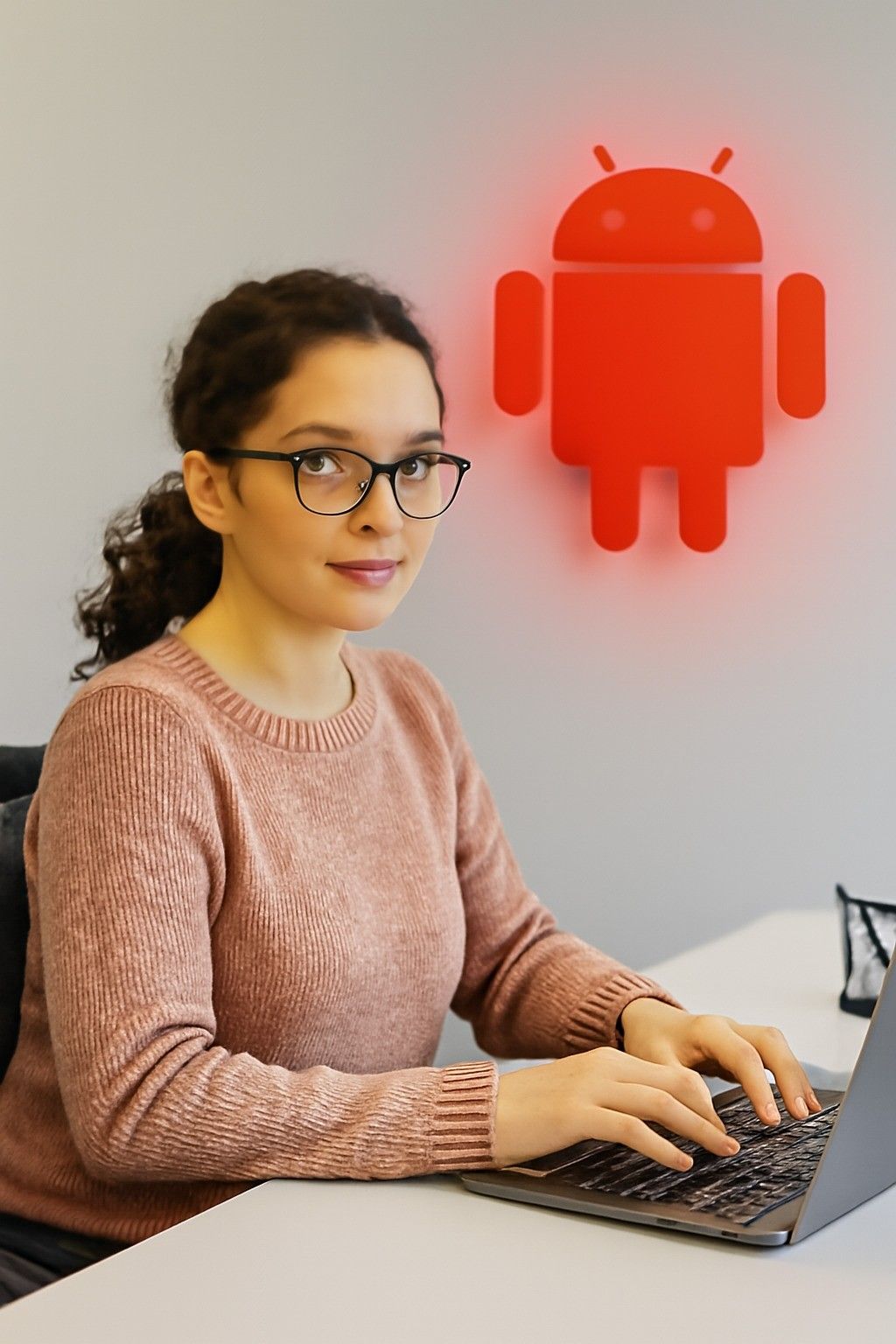





 Transparency
Transparency
